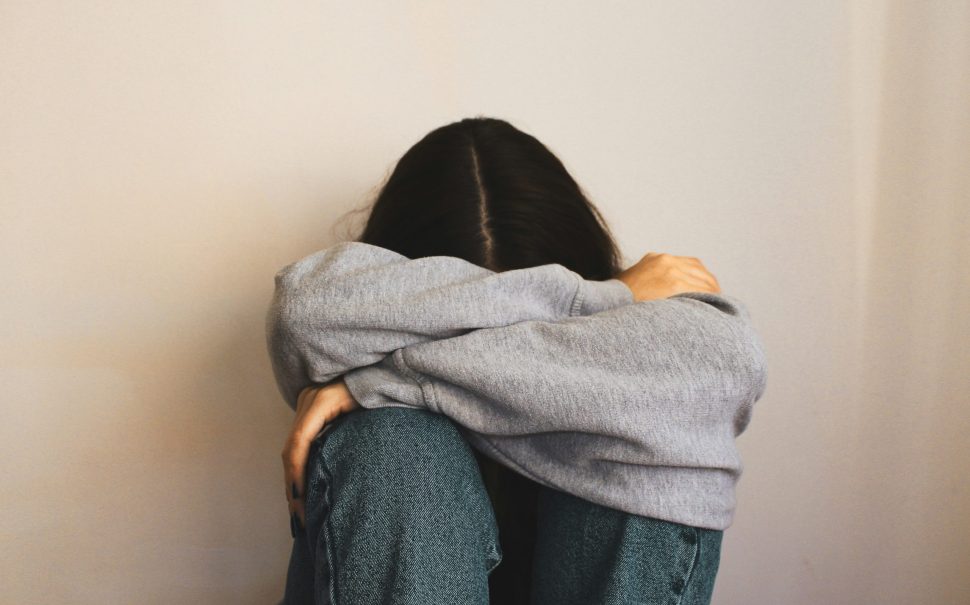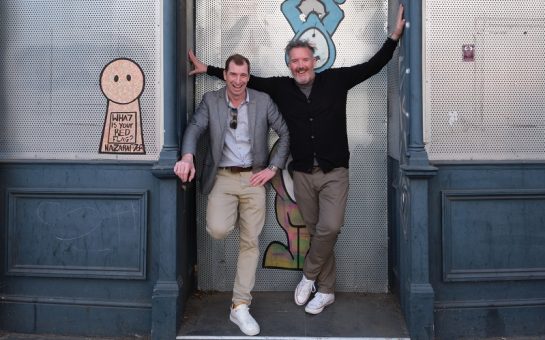The gender gap in teenage depression is twice as large in London versus Tokyo, a new study from King’s College London (KCL) revealed.
KCL researchers, in collaboration with the Tokyo Metropolitan Institute of Medical Science, also found girls in London aged 11-16 experience a four times steeper yearly increase in depression symptoms compared to their Tokyo counterparts.
These results highlight the importance of environmental factors on gender inequality and mental health, according to lead author and KCL lecturer in epidemiology and youth mental health Gemma Knowles.
Knowles, 38, said: “Our findings suggest that the context matters.
“If girls here are doing so much worse than girls in Tokyo, it suggests that there’s something about the environment that’s making that to be the case.”
Knowles team wanted to look deeper for the study at recent research which suggested northwestern European countries have higher incidences of gender-based mental health inequality versus other countries.
Their results confirmed their hypothesis that the inequalities would be greater between London and Tokyo, and found differences in mental health between the genders and two countries.
The KCL team and Tokyo researchers held workshops with teenagers to gain personal insight about their experiences and understand the possible reasons behind these differences.
They collected the results of the London teenagers on a giant sticky-note board in Knowles’ office, which highlighted prominent themes such as double standards for girls at that age.
The girls described differences in social pressure regarding their appearance and body weight, share of household chores, and limitations to freedoms such as staying out late at night.
A concern for many girls was also their feeling of safety and sexual harassment, noting the possible impact of misogynistic words and attitudes in the classroom and online.
Societal views around puberty could also be a factor, with boys saying that the changes they experience at this age are more likely to be celebrated.
Knowles explained that addressing gender and mental health issues in youth can avoid these problems becoming worse in adulthood.
She said: “Looking at the giant sticky wall and the ideas that they put forward by young people, a lot of what they put forward basically, to me, is the ways in which sexism, gender inequality, and misogyny manifest at this stage.
“What it suggests is that if we were to tackle some of those things, we could reduce, or possibly even prevent this gender inequality and mental health from arising in the first place.”
Compared to the London cohort, the Tokyo cohort did not express as much concern for safety, among both boys and girls.
Another difference the London teenagers brought up was the idea children here possibly have more pressure because they take on more of an adult role at an earlier age.
In the UK, there are currently many efforts to tackle mental health at an individual level. However, Knowles suggests that this data indicates the need for change at a societal and structural level.
She said: “If we think about it from a bit of a societal and macro level type problem, then maybe we would try different options to try to reduce stress among young people.”
YoungMinds, a charity which focuses on youth mental health, emphasised the multitude of pressures today’s youth experience, including poverty, academic stress, and the impact of the online world.
YoungMinds head of services Stevie Goulding said: “It’s no surprise that many are struggling.
“We need to revolutionise the way we support young people and their mental health and reduce the pressures they are facing.
“This includes significant reforms focusing on the root causes of poor mental health.”
The United Kingdom was ranked 14th in the 2024 Global Gender Gap Index, which measures gender equality, while Japan was 118th out of the list of 146 countries.
However, the study’s findings act as a paradox to this ranking and indicate the impact of everyday and cultural factors, which are often not measured in such ranking.
Knowles said: “These indices are capturing the formal stuff, but perhaps not the culture with the day to day stuff.”
The next step for the research team is a five-year study beginning this month.
They plan to unpack their findings and understand how sexism, gender inequality, and misogyny are experienced by young people nowadays through adolescence.





